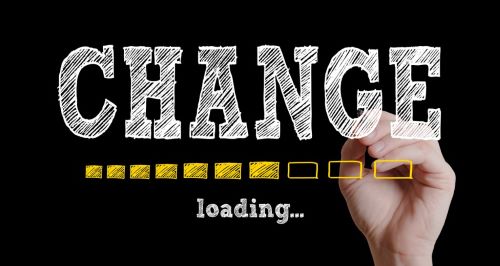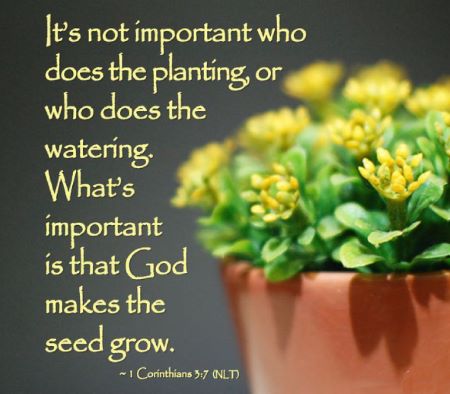This New Year
I wish that instead of saying “Happy New Year,” when both hands of the clock point skyward at midnight on December 31; instead of saying “Happy New Year” to each other, we said things like “A New Year Full of Growing Edges,” or “A Formative New Year,” or “A New Year Full of Challenge and Fulfillment,” or perhaps even “An Inward Looking and Self-Reflective New Year.” Or “A Peace-Filled New Year,” or “A Contented New Year.”
You see, few people I know, if any, don’t want to grow and change. Few people are in every way imaginable, totally satisfied with every aspect of their lives. We all want more and more. That is wired into us. But the “more” that we really want, deep down, isn’t more stuff. The “more that we want” more than anything, is to be established in a 24/7 awareness of God’s loving presence within and around us, guiding our steps, and our words, and our individual and corporate decisions, and the directions in which our lives are taking us. And if the “more that we want” is in fact “actual stuff,” it may simply be stuff that helps us discern this awareness of God’s presence. Because according to Maslow’s Hierarchy of Needs, we all need some stuff in order to meet our basic needs, so that we can build our higher needs on them.
There’s a saying from a wise sage, that “Whatever we put our attention on, will grow stronger in our life.” That includes everything from the negativity of the news cycle to God’s grace and forgiveness. Everything. So we must be mindful, and make careful choices of those things and ideas which we “entertain.” We must discern / determine what consoles us and what brings us to desolation. And why. And ask ourselves what spirit is its source. Because I think that we can unknowingly bring some kinds of desolation on ourselves when we think we’re being consoled (a cocaine addiction, for example). And we can also console ourselves when it may seem as though we’re creating some distress (turning in to the police, for example, a gym bag we find that’s full of money).
Few people are in every way imaginable, totally satisfied with every aspect of their lives; though few set aside time to be formed by reading scripture, or making intercessory prayer, or practicing lectio divina or centering prayer which helps us establish more silence in our lives and helps us quiet the incessant chattering of what the Buddhists call the monkey mind: being unsettled, restless, or confused.
One way of looking at the human journey, is that we came here from our timeless home in God. We incarnated, from a place we do not know where or how. And when we doff this mortal coil, that is the home to which we return. But while we’re here –– as the great mystics in our tradition have demonstrated –– we have an intellect and a nervous system and a consciousness that’s capable of experiencing increasing levels of unboundedness. But we must clear out the clouds of mindless chatter which block the sun of enlightenment. We must be still, and know that God is God, so that we can hear the Spirit’s guidance.
We do some of this by getting enough rest. By drinking enough water. By eating as well as we’re able. By following sound medical advice. And by creating a contemplative prayer life. And so it’s my prayer for all of us, that 2020 will be a year of putting greater attention on our formation –– which will bring us closer to the felt presence of God in our lives, and then we may also have Happy New Years.
Mike+








